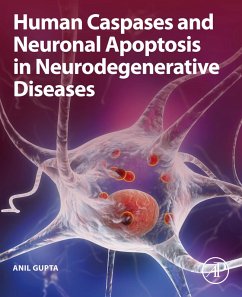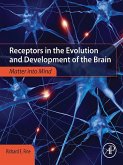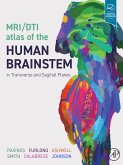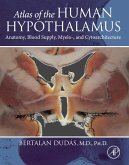- Provides in-depth knowledge about neurotoxic potential of transition metals, impaired mitochondrial dynamics in the brain neurons, mutant proteins Aß peptide, tau protein, a-synuclein, huntingtin protein and formation of Lewy bodies, reactive oxygen and nitrogen species, ubiquitin proteasome dysregulation, and many others in neurodegenerative diseases
- Elucidates neurogenetics of gene APP, gene PSEN1, gene APOE, gene LRRK2, gene DJ1, and others in the pathology of neurodegenerative diseases
- Explains caspases-mediated neuronal apoptosis in pathogenesis of Alzheimer's disease covering amyloidogenesis, caspase-activated DNase, rho-associated coiled coil-containing protein kinase 1, mammalian sterile 20-like kinase 1, role of synaptic loss, microglial TREM2 receptor, microglial LRP1 receptor, microglial advanced glycation end-product receptor, astrocytic glial a 7 subtypes of nAChR, NLRP3 inflammasome, P2X purinoreceptors, miRNAs, and many other factors
- Demonstrates the role of caspases and apoptosis in Parkinson's disease covering truncation of a-synuclein, neuroinflammation, parkin protein, activation of microglial cells, extrinsic and intrinsic pathways of apoptosis, ?tau314, and several other factors
- Explains etiopathogenesis of Huntington's disease through covering clinically important topics as role of exon 1 HTT protein, ubiquitous nature of huntingtin, length of expanded polyglutamine tract, classically and alternately activated microglia, nuclear factor kappa B, kynurenine signaling pathway, tumor suppressor protein, PGC-1a gene, advanced glycation end-products, autophagy, and many other significant topics
Dieser Download kann aus rechtlichen Gründen nur mit Rechnungsadresse in A, B, BG, CY, CZ, D, DK, EW, E, FIN, F, GR, HR, H, IRL, I, LT, L, LR, M, NL, PL, P, R, S, SLO, SK ausgeliefert werden.









